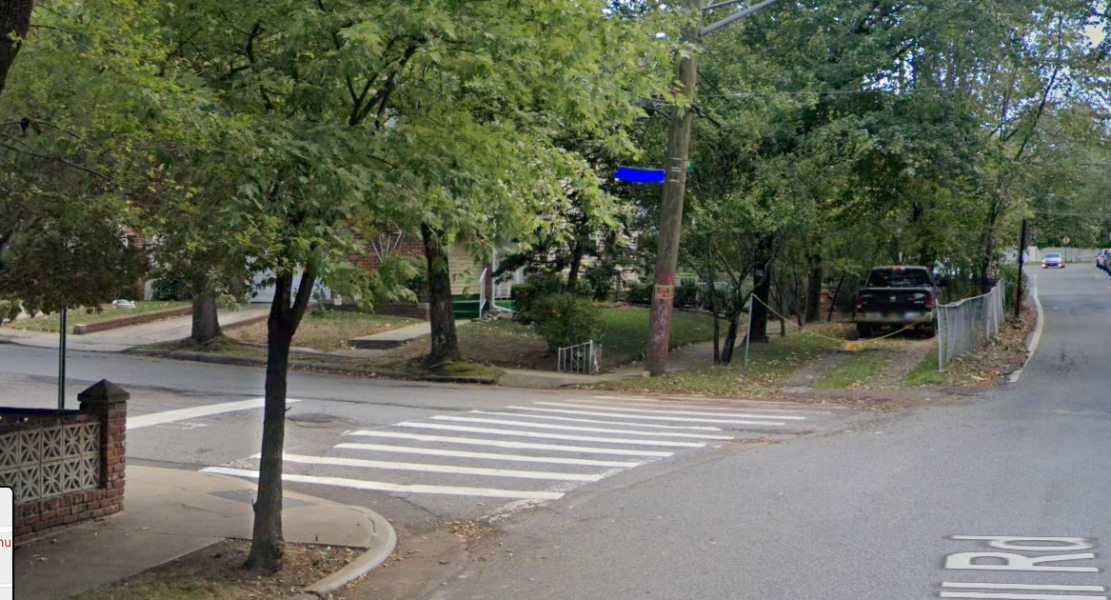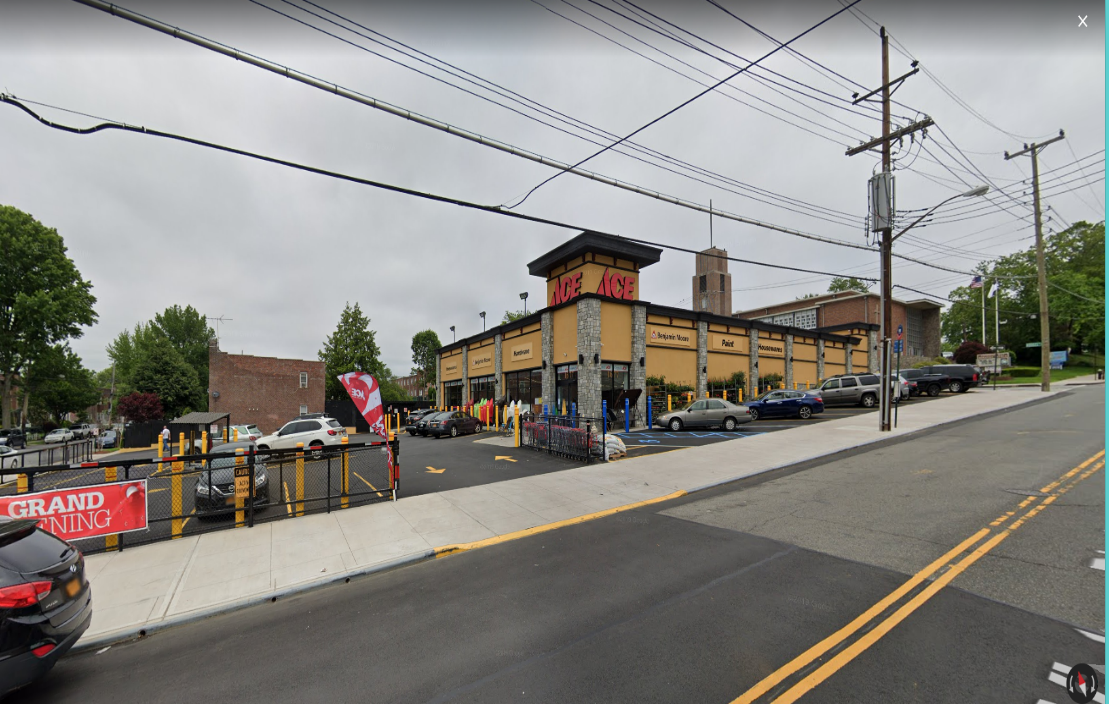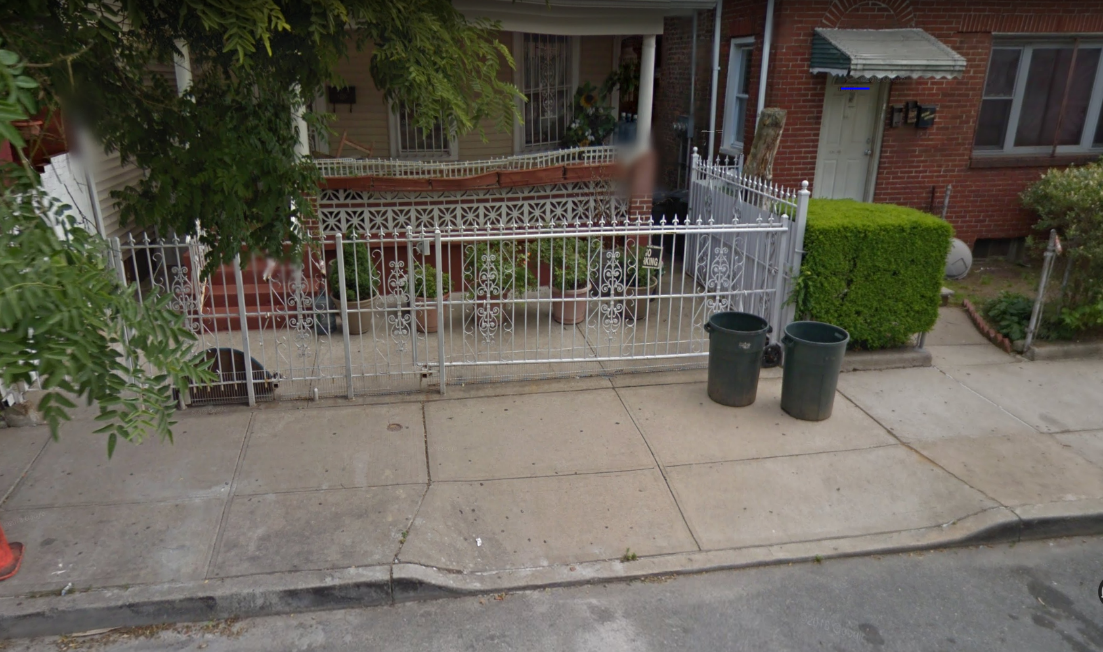Audit shows widespread deficiencies in Department of Buildings’ (DOB) processing of complaints of illegal curb cuts and driveways, oversight and training of field inspectors, and inspections of curb cuts and driveways
City potentially failed to assess and collect as much as $462,618 in penalties due to DOB’s failure to adequately respond to complaints and additional errors
Today, New York City Comptroller Scott M. Stringer released an audit revealing the Department of Buildings (DOB) failed to adequately oversee complaint intake, inspection, and disposition processes for illegal curb cuts and driveways. The audit showed widespread deficiencies in DOB’s processing of complaints of illegal curb cuts and driveways, oversight and training of field inspectors, and inspections of curb cuts and driveways. The audit also found that based on a sample of 1,024 complaints made during the audit scope period, the City potentially failed to assess and collect as much as $430,014 in penalties due to DOB’s failure to adequately respond to 502 (49 percent) of those complaints. Based on a review of the total population of complaints received by DOB in the audit scope period, the audit showed that the City may have foregone as much as an additional $32,604 due to additional errors by DOB in its handling of re-inspections and filing of violations with the Office of Administrative Trials and Hearings’ (OATH’S) Environmental Control Board.
“New York City’s streets and sidewalks are among our greatest public resources,” said Comptroller Stringer. “Illegal curb cuts and driveways negatively impact safety and quality of life for pedestrians and drivers alike and take away much needed sidewalk space when our city most needs it. Our audit identified significant weaknesses in the Department of Buildings enforcement of the rules that apply to curb cuts and driveways, which also cost the city tens of thousands of dollars. I urge DOB to implement our recommendations immediately and ensure that our streetscapes can serve as the public amenities they are intended to be.”
For the audit scope period, Comptroller Stringer obtained from DOB a complaint listing with 7,256 entries, of which 5,783 were individual complaints associated with 3,874 properties of potentially illegal curb cuts, driveways, and carports according to DOB’s internal reporting. For the 5,783 individual complaints received during the audit scope, DOB performed 3,238 inspections for 3,020 properties. Of these 3,238 inspections, DOB issued 1,435 OATH violations related to 1,203 properties.
Comptroller Stringer’s audit found that with respect to curb cuts and driveways, DOB did not adequately oversee its processes for responding to complaints and for issuing permits for their installation as well as deficiencies in all aspects of DOB’s complaint intake, inspection, and disposition processes. DOB lacked training for its field inspectors regarding curb cuts and driveways and did not provide sufficient supervisory oversight of their inspections. Additionally, DOB lacked controls over the issuance of violations for illegal curb cuts and driveways and DOB field inspectors did not appropriately refer all complaints that fall under other agencies’ jurisdictions to those agencies.
The audit also found that DOB reports generated from its databases in response to auditor inquiries of curb cut complaints, dispositions, and supervisory reviews contained inadequate and/or inconsistent information and were therefore unreliable. DOB also inappropriately issued permits in situations where the curb cut applications did not meet all the required conditions set forth in the City’s Zoning Resolution. By issuing these permits, DOB facilitated the installation of illegal curb cuts and driveways.



To address the issues raised by this audit, Comptroller Stringer made 27 recommendations including:
In connection with deficiencies in processing complaints of illegal curb cuts and driveways, DOB should enhance its procedures to ensure that:
- Triage officers correctly identify curb cut and driveway complaints that merit a field inspection and forward them to the Construction unit;
- Allegedly illegal curb cuts and driveways referenced in the complaints are inspected timely, according to its standards; and
- All assessed OATH violations are filed prior to the pre-set hearing date as required.
In connection with DOB’s inadequate oversight and training of field inspectors, DOB should:
- Ensure that DOB supervisory field inspectors (supervisors) review the results of all field inspections prior to finalizing their results;
- Ensure that field inspectors complete and submit a checklist as part of their inspections;
- Ensure that field inspectors use appropriate measurement tools during inspections to ensure that homeowners are adhering to the proper dimensions of a curb cut and driveway; and
- Establish specific training for curb cut and driveway inspections to ensure that field inspectors have the requisite knowledge to assess the legality of curb cuts and driveways.
In connection with DOB field inspectors’ inadequate inspections of curb cuts and driveways, DOB should:
- Ensure that inspectors’ comments related to inspections of curb cuts and driveways are relevant, complete, and appropriate with respect to the complaint;
- Ensure that field inspectors correctly identify violating conditions and issue violations as appropriate; and
- Ensure that potentially violating conditions under DOT’s jurisdiction are referred and forwarded to DOT so that it may appropriately follow up.
In addition, DOB should:
- Verify that information submitted on site surveys is accurate and reflects the existing condition of a property prior to approving a curb cut application.
- Verify that the information submitted in support of curb cut and driveway permits contains all required documentation;
- Confirm that applications submitted include all necessary detailed information, including: the purpose of the curb cut (access to a garage or parking lot); measurements of the curb cut; the number of garages and parking pads to be accessed via the curb cut(s); the location of the garage or the parking lot (on which side of the property); and the actual location of the curb cut to be installed (at the back or front of the property);
- Maintain a complete and accurate list of all user access rights for all employees who handle curb cut approvals, inspections, and dispositions; and
- Automate the detection of invalid BINs and addresses and their dispositions as such.
To read Comptroller Stringer’s audit of DOB’s controls over illegal curb cuts and driveways, click here.
No comments:
Post a Comment